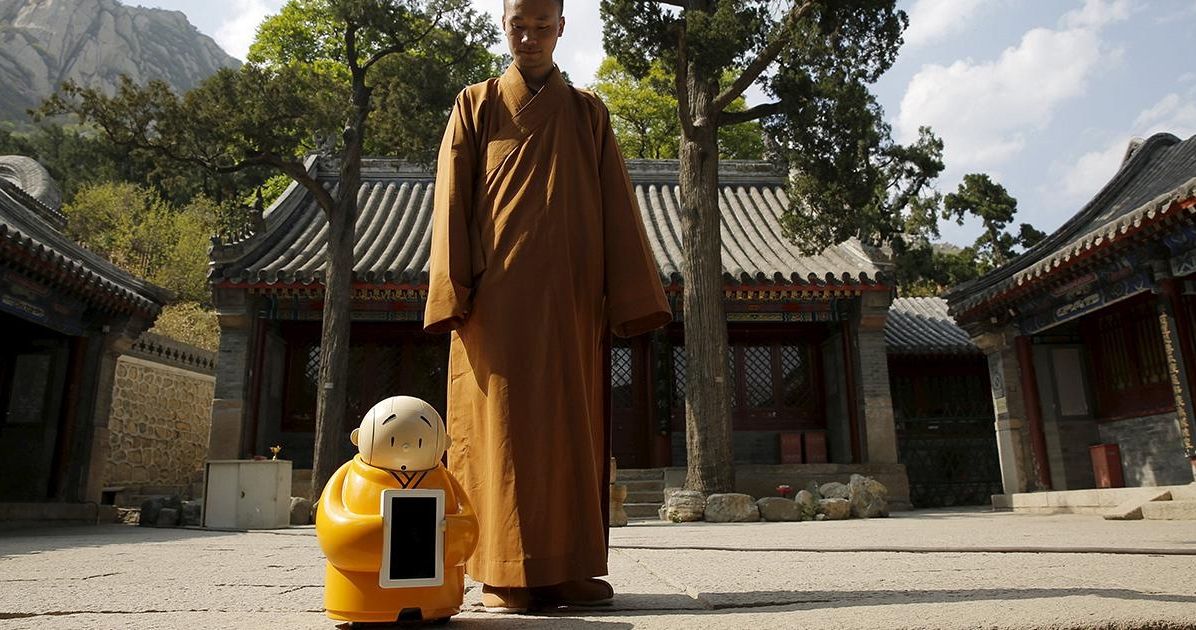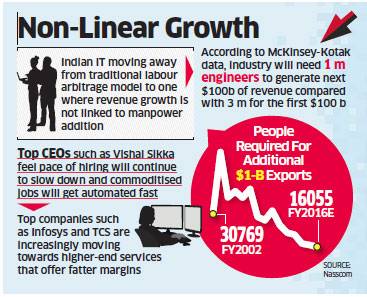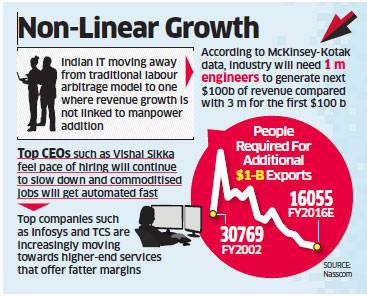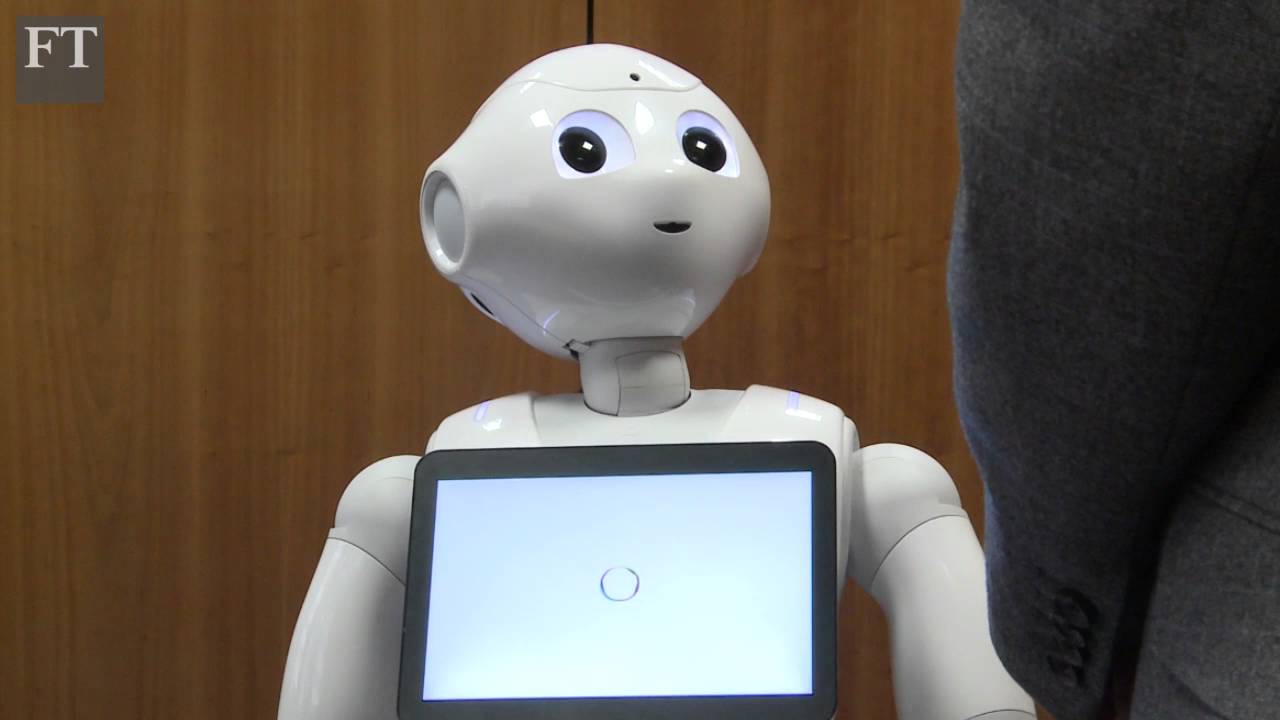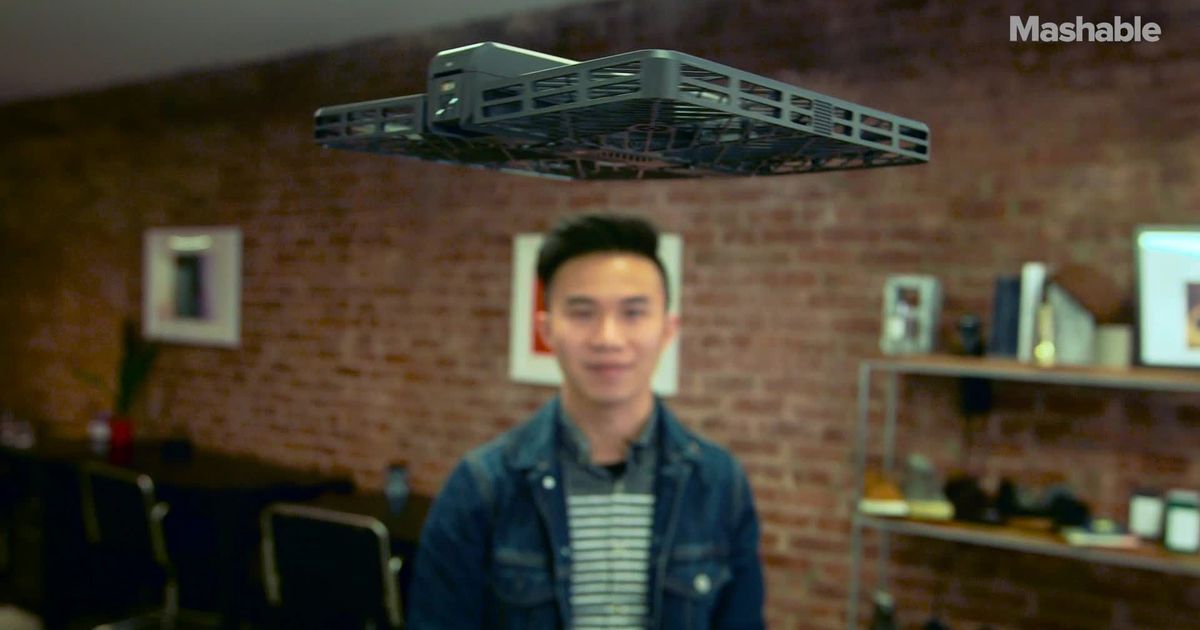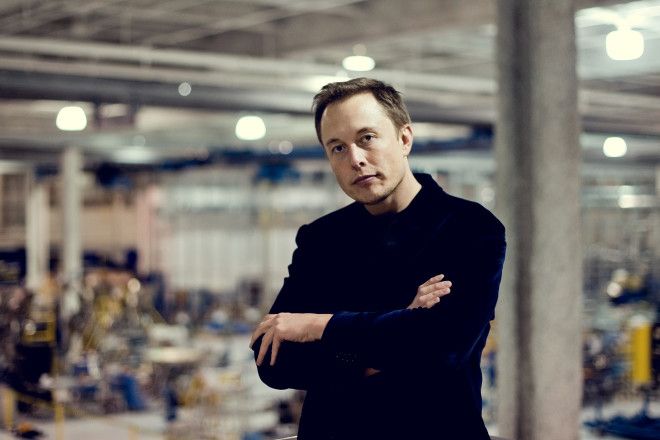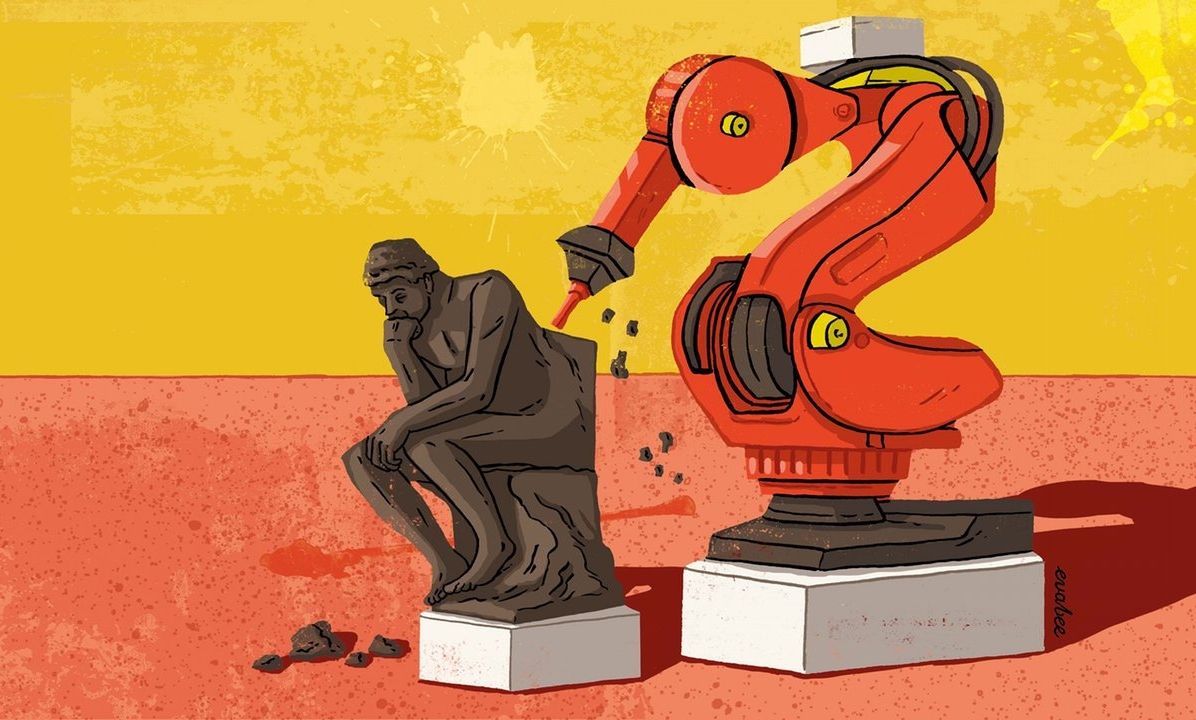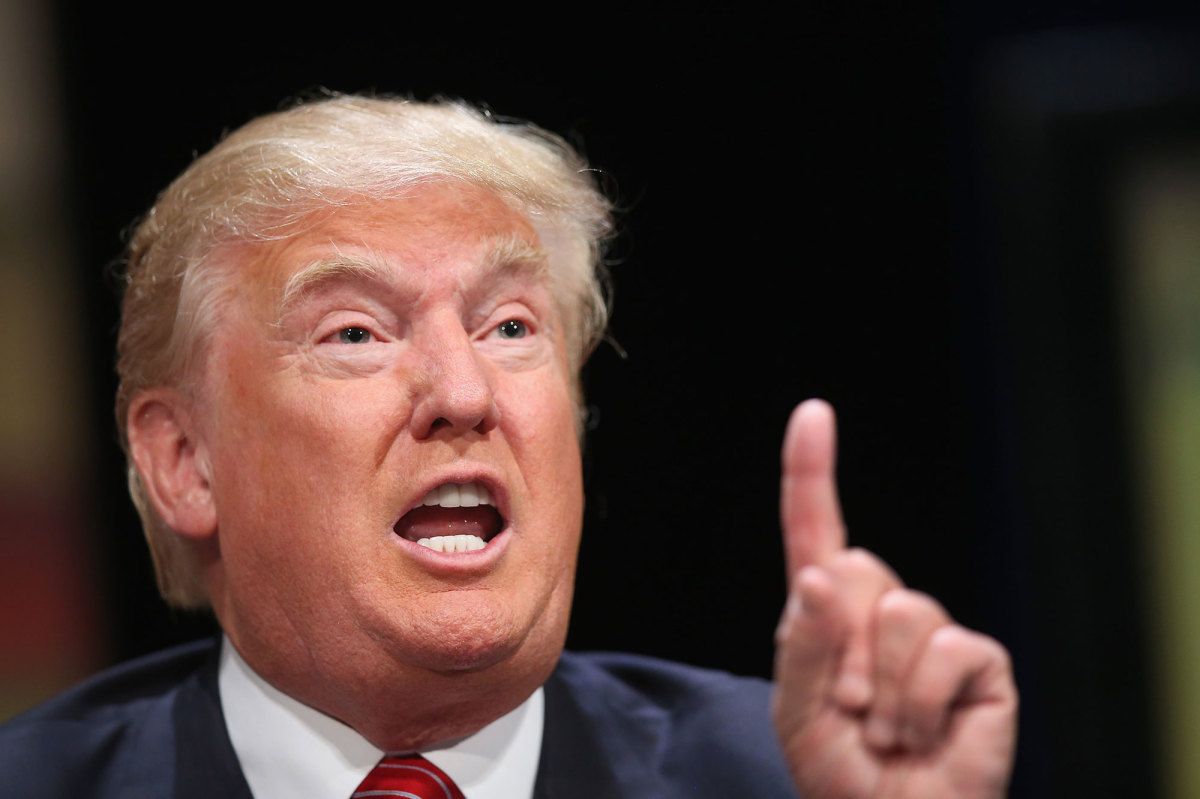Kurzweil, me and others have been saying devices will eventually be phased out for a while now. However, I do not believe the phase out will be due to AI. I do believe it will be based on how humans will use and adopt NextGen technology. I believe that AI will only be a supporting technology for humans and will be used in conjunction with AR, BMI, etc.
My real question around the phasing out of devices is will we jump from Smartphone directly to BMI or see a migration of Smartphone to AR Contacts & Glasses then eventually BMI?…
(Bloomberg) — Forget personal computer doldrums and waning smartphone demand. Google thinks computers will one day cease being physical devices.
“Looking to the future, the next big step will be for the very concept of the “device to fade away, Google Chief Executive Officer Sundar Pichai wrote Thursday in a letter to shareholders of parent Alphabet Inc. “Over time, the computer itself — whatever its form factor — will be an intelligent assistant helping you through your day.
Instead of online information and activity happening mostly on the rectangular touch screens of smartphones, Pichai sees artificial intelligence powering increasingly formless computers. “We will move from mobile first to an AI first world, he said.
Read more
